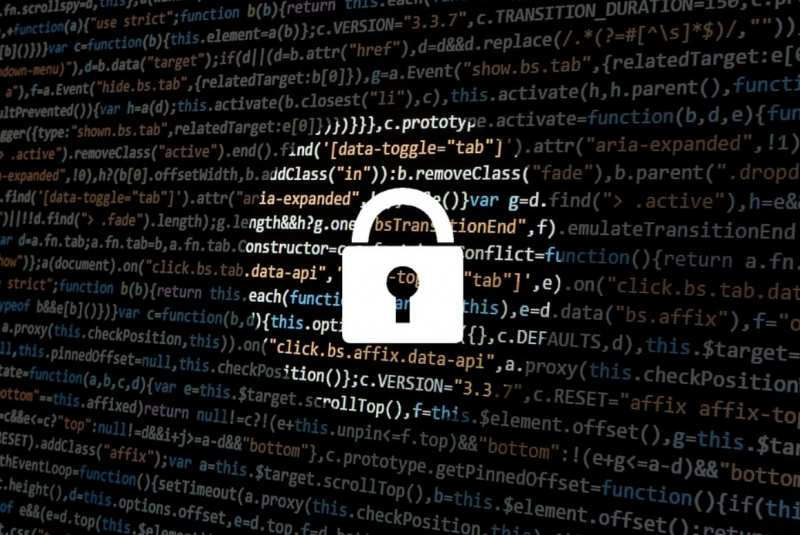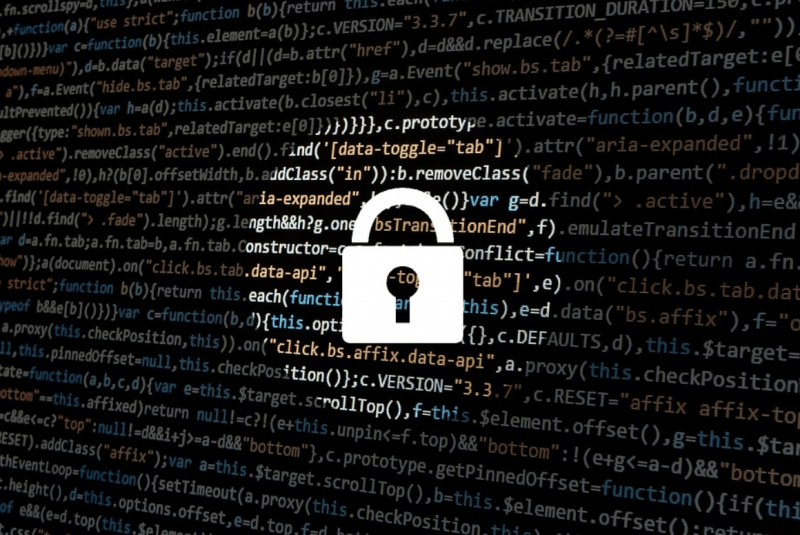If you want to be a successful blogger, it’s important to take your online security seriously. Any online presence can be a target, and if you want your blog to be a business, you need to feel confident that you’re protected against hacks and other online problems. Here’s how to stay safe online as a blogger.

- Stay up to date. Web security can change a lot, with new viruses and hacking methods appearing all the time. Keep yourself informed so you always know what to look out for and how best to stay safe. Read guides like Borgata Online Privacy, and read web news stories about attacks to stay informed.
- Use secure passwords. Make sure that your blog and social media channels have secure passwords. Avoid using anything obvious like birthdays or names of children or pets. You can use online tools to generate strings of random letters and numbers to use as a password. You can also create hard to guess passwords by using a favourite quote or song lyric. Take the first letter of each word, add some numbers of special characters, and you have a very secure, but easy to remember password. If you think someone has one of your passwords, change it immediately.
- Keep your blog updated. If you use a blogging platform like WordPress, it’s important to keep your site updated. Check regularly for updates to plugins, as out-dated plugins can be an in-road for potential site hackers. Stay on top of any security updates too.
- Change your admin username. When you set up an account on most blogging platforms, the standard username for the account is ‘admin’. If someone knows that, all they need to guess to get into your site is your password. Change your admin username to something tricky to guess. Use your middle name, use a childhood nickname, or use your name with a string of random numbers after it. Something harder to guess puts another block in the way of someone trying to access your blog.
- Backup your blog. A back up gives you a safety net if disaster strikes. If you accidentally delete a post, or a hacker does manage to take down your site, you’ll be able to restore it from your backup. Most platforms have an option to automatically take a regular backup, which you can either download and save somewhere on your computer, email to yourself, or upload to Dropbox, so you have a copy of your site safe in the cloud.
- Be sensible about the WiFi you use. If you use WiFi while you’re out and about, be sure that the public WiFi you’re connecting to is what it appears to be. It’s easy for hackers to set up a WiFi connection and call it something like ‘Coffee Shop WiFi’ and trick you into logging on. From there, they can steal your data. Instead, only use connections with a password and check the name before you sign in and start surfing.


